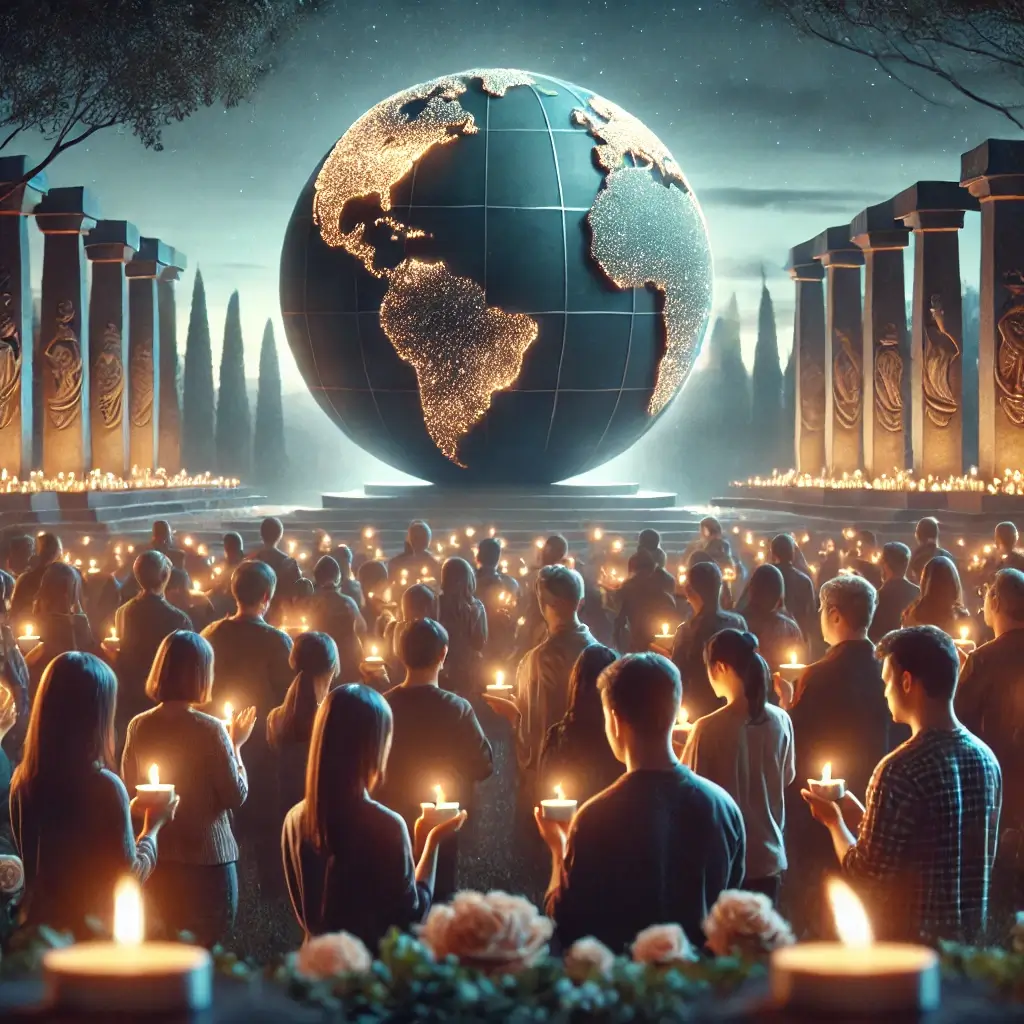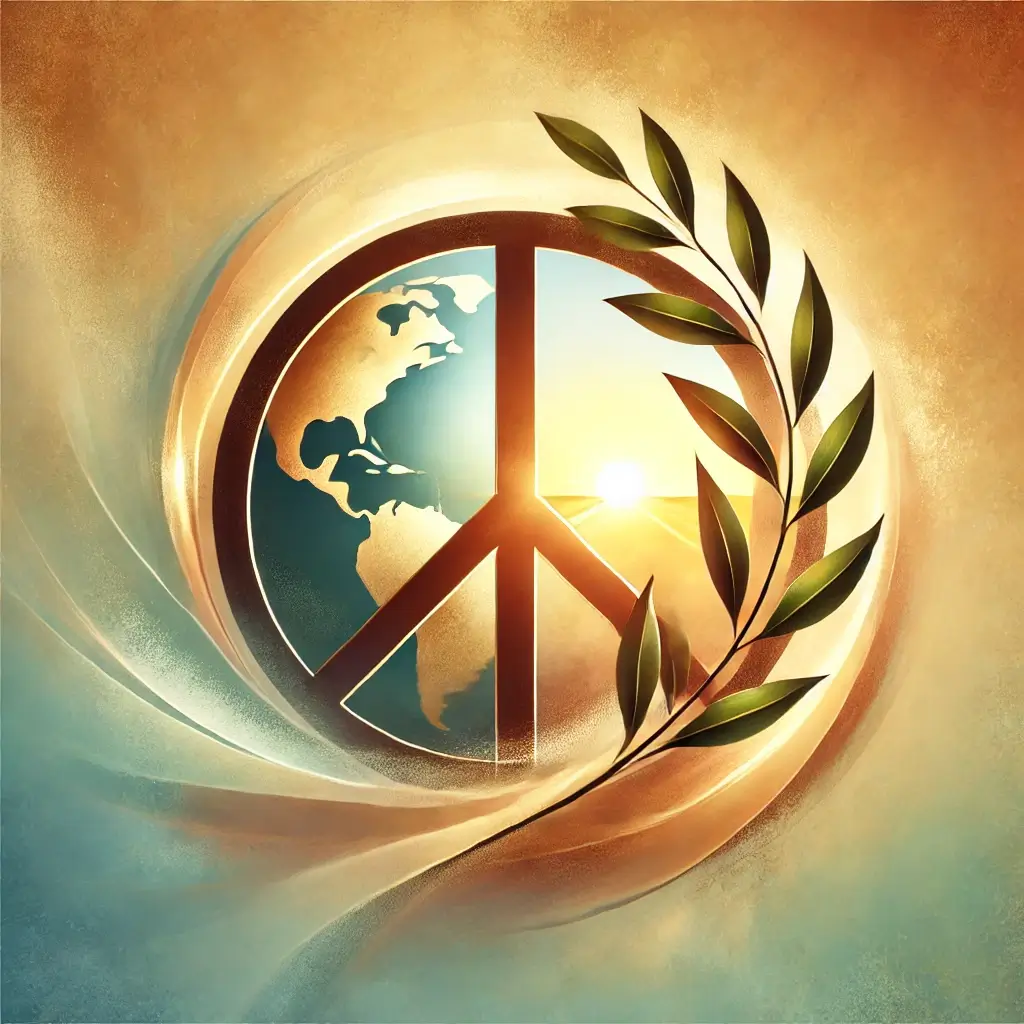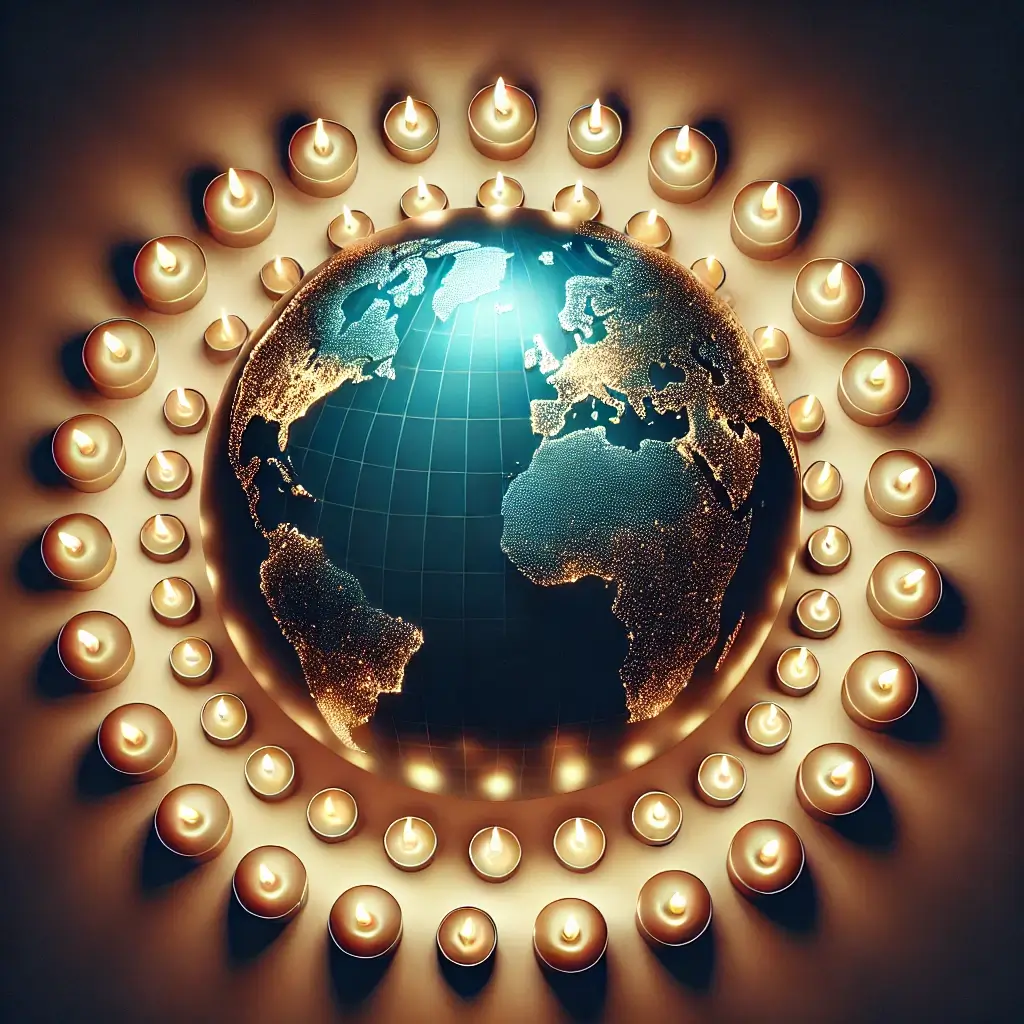World Genocide Commemoration Day in United States
Use our holiday API to get the exact date of World Genocide Commemoration Day in United States in every year.
Understanding the World Genocide Commemoration Day

World genocide commemoration day is the specific date that has been set aside as a day when the people around the world may easy remember and pay homage towards the victims of genocide. The observance in the United States represents the fact that it holds importance with regard to past events to ensure such atrocities are never to happen again. The day is not about an event but a time set aside for reflection, education, and a commitment to human rights.
When Does World Genocide Commemoration Day Take Place?
In the US, World Genocide Commemoration Day is usually marked on December 9 each year to align with the United Nations' International Day of Commemoration and Dignity of the Victims of the Crime of Genocide and of the Prevention of this Crime as a manifestation of the global pledge to honor victims and confront the scourge of genocide.
How Is World Genocide Commemoration Day Celebrated?
Memorial services include a variety of events to invoke memory of past events and educate the present:
-
Educational Events: Universities and schools host lectures, seminars, and workshops mostly meant to educate students about the historical and current implications that genocide has around the world.
-
Memorial Services: Most communities conduct memorial services for survivors, family members, and activists who come together to honor the victims and share their memories and testimonies with others.
-
Documentary Screenings: Films and documentaries about genocides such as Rwanda, Bosnia, and the Holocaust are screened, and there are often panel discussions and reflections following the film.
-
Social awareness campaigns take place on social media: Activists and groups use this network to raise awareness, share history, and propagate messages related to prevention and reconciliation.
-
Art Exhibits and Performances: Art galleries and theaters could showcase works or performances that convey the experiences and histories of genocide victims.
Are Banks, Schools, and Museums open on this day?
Since World Genocide Commemoration Day is not a public holiday in the U.S. federal calendar, banks, schools, and government offices remain open most of the time. However, some schools may set aside particular time or organize activities to address the issue of genocide prevention and awareness. Museums, particularly those focusing on history and human rights, can hold special exhibitions or events to commemorate the day.
The History of World Genocide Commemoration Day

The observance of this day was meant to remember collectively all who passed through that unspeakable nightmare called genocide. After all the ghastly events of World War II and the Holocaust, the world had undeniably considered it necessary to remember such atrocities and prevent them from happening again. On December 9, 1948, the United Nations General Assembly adopted the Convention on the Prevention and Punishment of the Crime of Genocide, a crucial moment in international human rights law.
The United States, accordingly, observant of the wholeness of the world international legislative map and of public awareness of this particular legislation, adopted practices for the observance of this day as it behoves upon its history, effects, and moral responsibility towards preventing future genocides.
The importance of World Genocide Commemoration Day
On the other hand, it becomes an absolute reminder of the terrible price one pays as a result of discrimination, hatred, and inhumanity, a reminder that makes vigilance and action imperative against the repetition of history. Around such remembrance activities, educational efforts, and public discourse, this day would foster a culture of empathy, understanding, and commitment to human rights.
Notable Commemorative Sites in the United States
Several significant locations across the United States serve as permanent memorials and educational centers:
-
United States Holocaust Memorial Museum (Washington, D.C.): A living memorial to the Holocaust, offering extensive educational resources and preserving the memory of millions of victims.
-
Museum of Jewish Heritage (New York City): Dedicated to educating diverse visitors about Jewish life before, during, and after the Holocaust.
-
Illinois Holocaust Museum & Education Center (Skokie): Features powerful exhibits and programs focused on combating hatred, prejudice, and indifference.
Educational Resources and Organizations

Many organizations across the United States tirelessly work to spread awareness and prevention about genocide:
-
Genocide Watch: Provides for early warning systems and outlines educational materials on genocide prevention.
-
The Genocide Education Project: Offers curriculum resources to the classroom teacher and student on several types of genocide throughout history.
-
Education Programs from the United States Holocaust Memorial Museum: Provide professional development for educators and resources for teaching about genocide.
How to Get Involved
There are many different ways in which you can join into genocide awareness and prevention efforts:
-
Volunteer Opportunities: Most museums and organizations will accept volunteers to assist them in their educational programs and events.
-
Advocacy Work: Join or support organizations dedicated to advocating for genocide prevention and the prophetic dreamer in human rights protection.
-
Research and Documentation: Contribute to oral history projects or documentation efforts that preserve the survivors' stories.
-
Community Engagement: Organize or take part in local commemorative events and educational initiatives.
Get Involved: Different Ways to Get Involved in Genocide Awareness and Prevention
-
Everything from volunteering: Most museums and organizations welcome volunteers to help them facilitate their educational programs and events.
-
Advocacy Work: Join or support organizations that work to advocate for genocide prevention and the prophetic dreamer into human rights protection.
-
Research and Documentation: Contribute to oral history projects or documentation efforts that aim to preserve the survivors' stories.
-
Community engagement: Organize or participate in local commemorative events and education initiatives.
Impact on Contemporary Policies
Genocide Commemoration Influences American Policy in Several Contexts.
-
Foreign Policy: Shapes diplomatic responses to potential genocide events around the world.
-
Legislation: Influences laws and other regulations governing the protection of human rights.
-
International Collaboration: Strengthens collaboration with other countries in preventing mass atrocities.
-
Refugee Policy: Involves the determination of asylum seekers and refugees fleeing persecution.
Conclusion
World Genocide Commemoration Day actually commemorates a time when there could be an engagement from the global community in education and prevention on genocide concerning dark chapters of human history. This is not a public holiday; institutions such as the ones in the United States do not close for it, but this remains significant. It is after a period of activities and reflections that individuals and groups renew their vow not to tolerate, but to promote peace. By coming to such activities, one is reminded of their role in standing for a world that shall respect and protect the dignity of humankind as a whole.